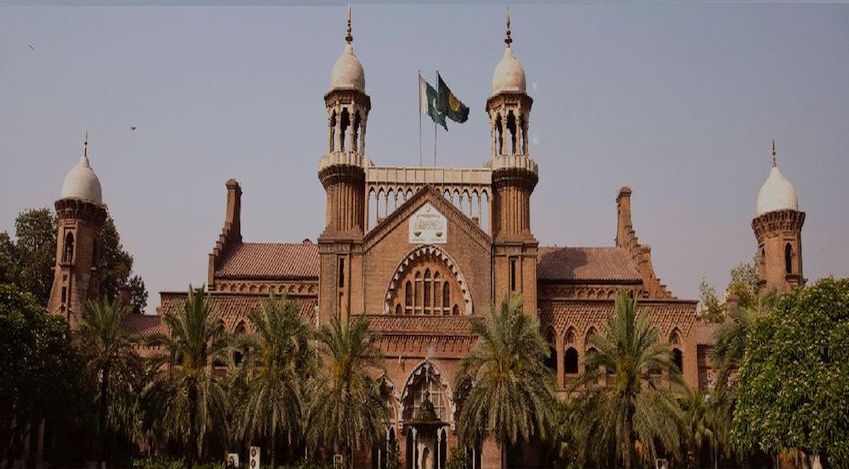A Pre-Emption Notice must Clearly Express the Intent to exercise the Right --- Lahore High Court, Lahore
Islamabad 05-03-2025: The Lahore High Court (LHC), Rawalpindi Bench, has dismissed a Civil Revision Petition [CR No. 516/D of 2022], upholding the lower Appellate Court’s ruling against a pre-emption claim due to non-compliance with mandatory legal formalities under the Punjab Pre-emption Act, 1991.
The Petitioner had filed a pre-emption suit seeking possession of 1-kanal 13-marlas of land on the ground that he was entitled to purchase it before the respondents. The trial Court initially decreed in favor of the plaintiff, but on appeal, the lower Appellate Court reversed the decision and dismissed the suit. The Plaintiff then filed a revision petition before the Lahore High Court, which has now been rejected.
The Lahore High Court found that the Plaintiff was aware of the sale on 12.12.2013, when he obtained a copy of Jamabandi (Ex.P.6), but failed to make an immediate demand (“Talb-i-Muwathibat”) as required under the Punjab Pre-emption Act, 1991.
The Plaintiff claimed that he was informed about the sale on 09.01.2014, but the Court held this assertion to be false and fabricated since he had prior knowledge in December 2013. The failure to act immediately resulted in forfeiture of his pre-emption right.
Under Section 13(3) of the Punjab Pre-emption Act, 1991, a valid Talb-e-Ishhad requires:
- A written notice.
- Attestation by two truthful witnesses.
- Sent via registered post with acknowledgment due.
- Personal service upon the vendee.
The Court found that the notice was not personally served upon the defendant, as required by law. The postman (PW.6) initially claimed he delivered the notice in person but later admitted in cross-examination that he left it at a general store in the defendant’s village. Relying on (2013 SCMR 866): “Allah Ditta through L.Rs Vs. Muhammad Anar”, the Court held that failure to personally serve the notice invalidated the pre-emption claim.
The Lahore High Court also ruled that merely sending a notice is insufficient; it must explicitly confirm the pre-emptor’s intention to exercise his right. Since the plaintiff and his witnesses failed to testify that he explicitly expressed his intention, the Court ruled that mere signing and sending the notice does not fulfill the requirements of Section 13(3). The decision relied on (PLJ 2014 SC 787): “Muhammad Zahid Vs. Dr. Muhammad Ali”, which states that a pre-emption notice must clearly express the intent to exercise the right.
The Court reiterated that mutation entries (Ex.P.8) are not documents of title and that a sale must be proven through independent evidence.
Under Section 30 of the Punjab Pre-emption Act, 1991, a pre-emption suit must be filed within four months of mutation attestation. The Plaintiff delayed his demand, affecting the validity of his claim.
After reviewing the record, the Lahore High Court dismissed the Civil Revision Petition, affirming that the lower appellate Court had correctly applied the law and there was no misreading or non-reading of evidence.
This judgment reinforces the strict procedural requirements for asserting pre-emption rights in Punjab. The ruling makes it clear that:
- Any delay in making “Talb-i-Muwathibat” (immediate demand) is fatal to a pre-emption claim.
- “Talb-e-Ishhad” (formal demand) must be strictly in accordance with Section 13(3), including personal service of notice upon the vendee.
- Merely sending a notice is insufficient; explicit confirmation of the pre-emptor’s intent is necessary.
Mutation entries alone do not establish ownership and require independent proof.
Powered by Froala Editor








